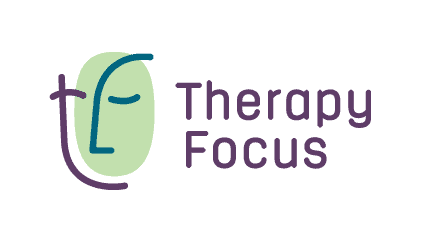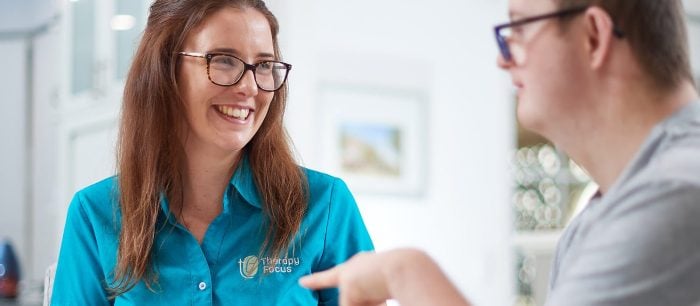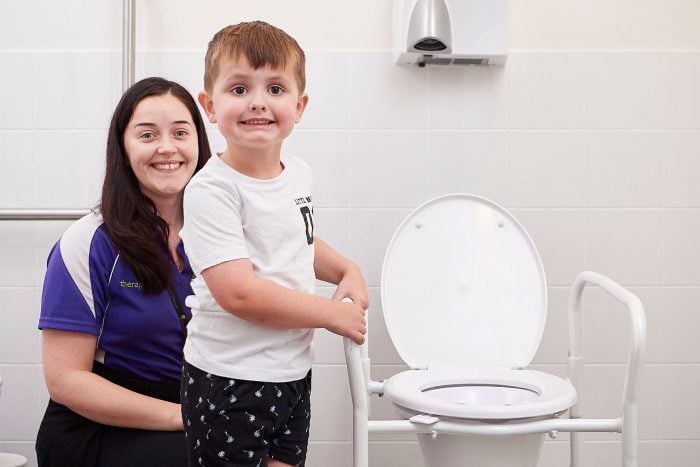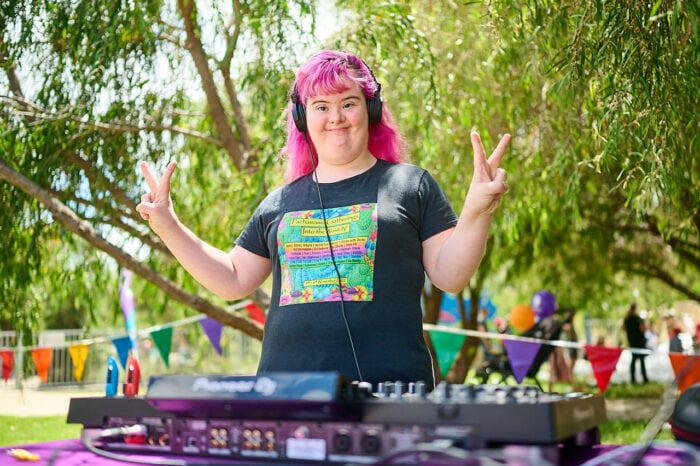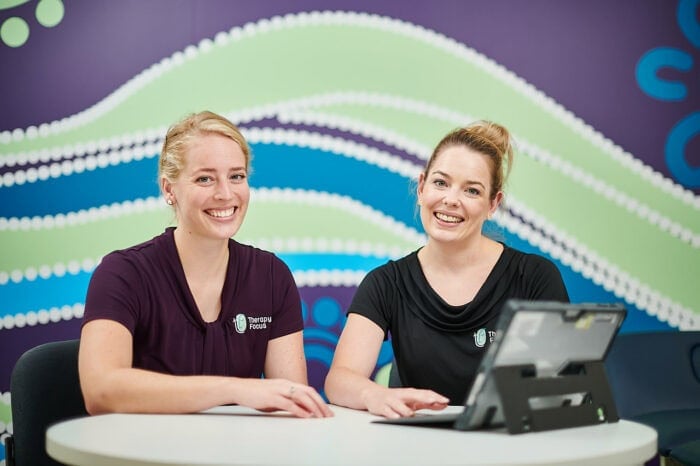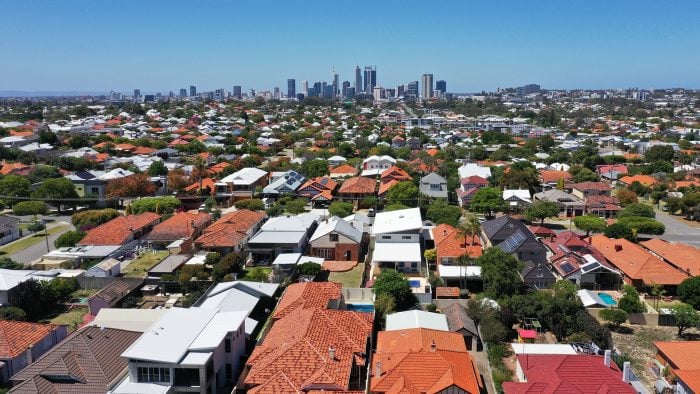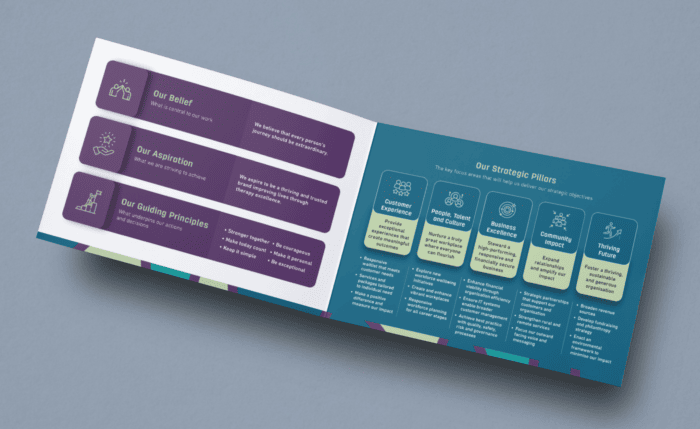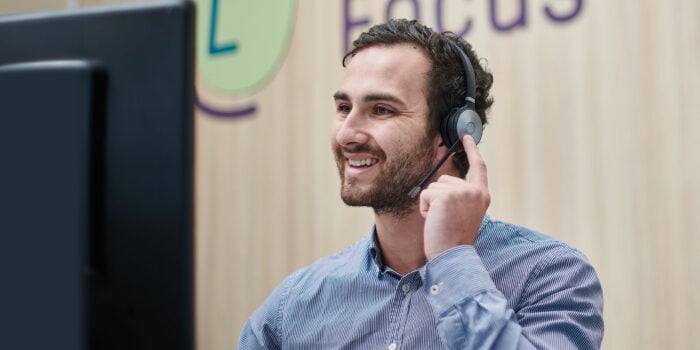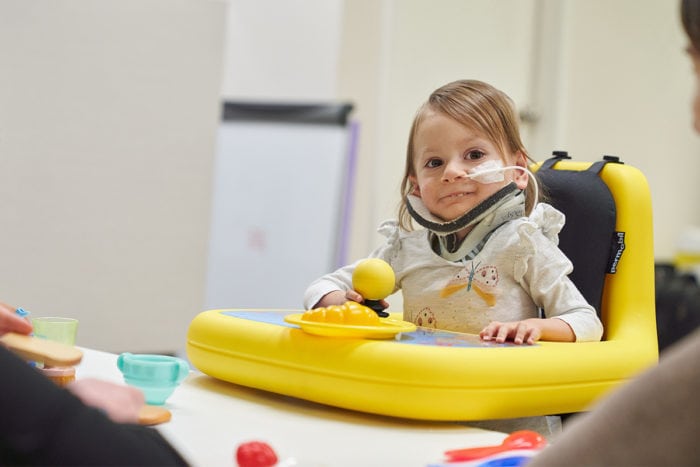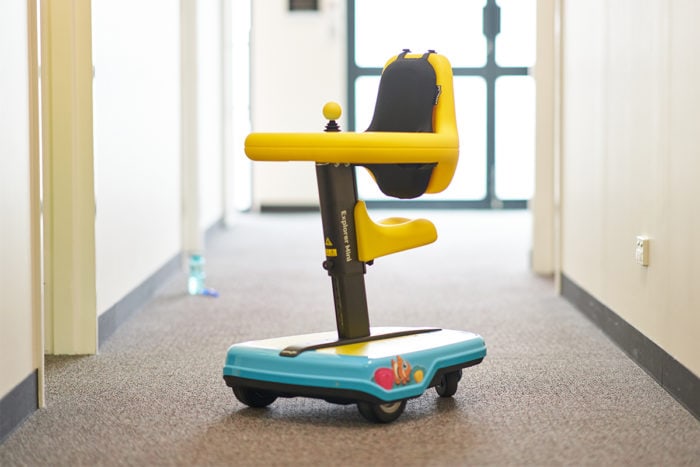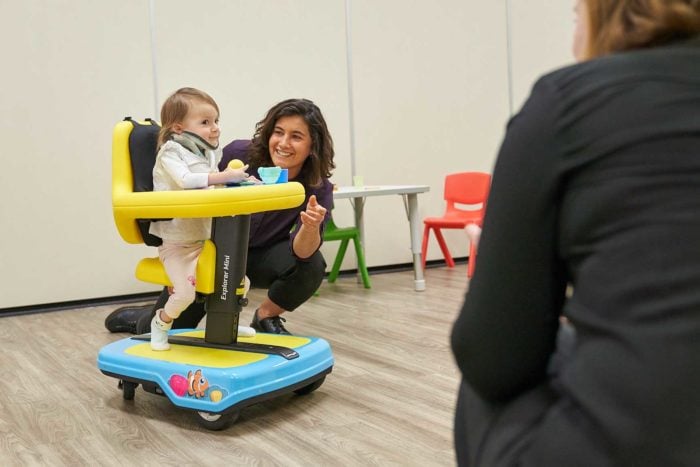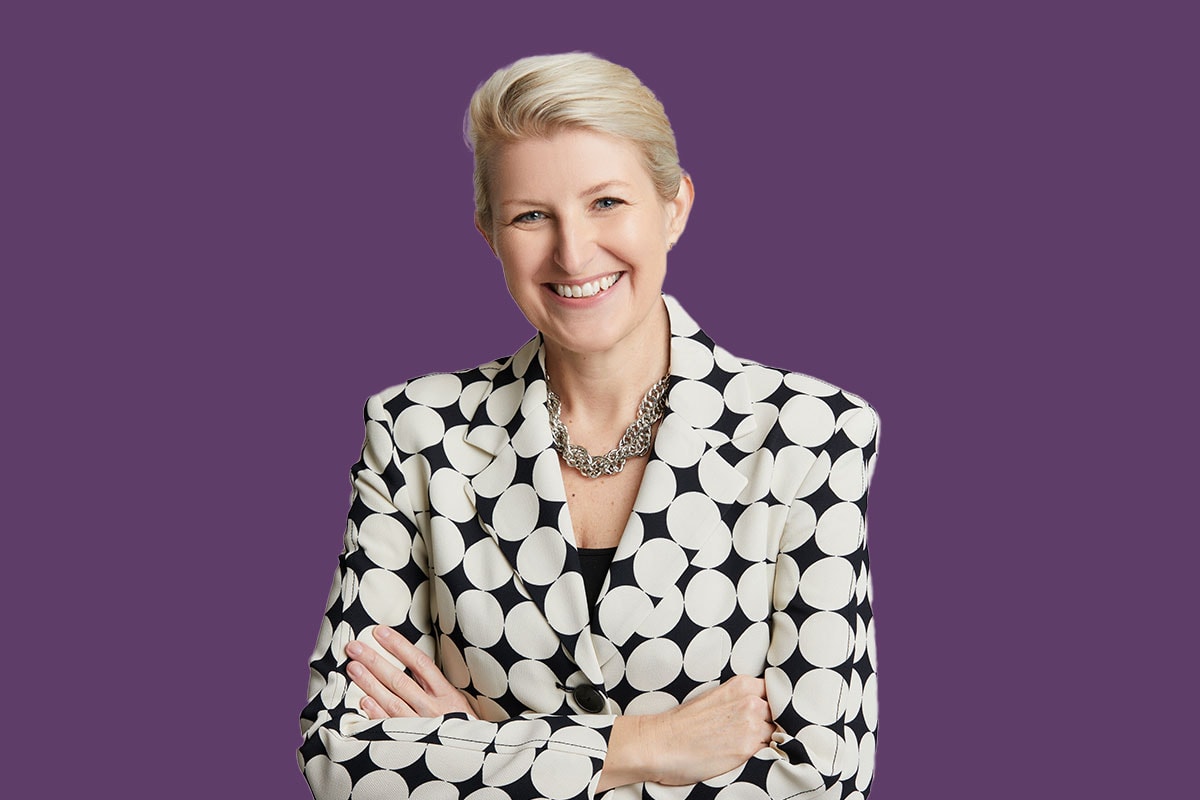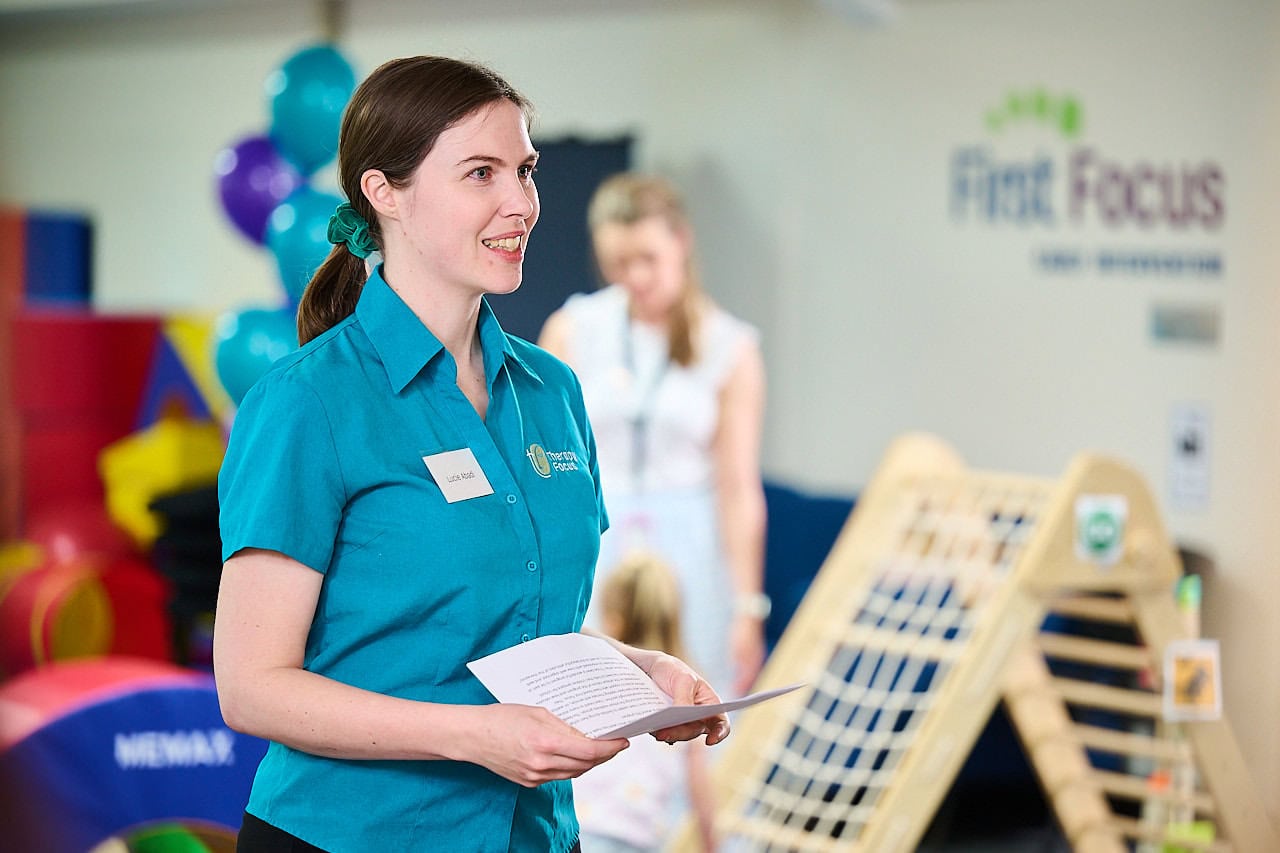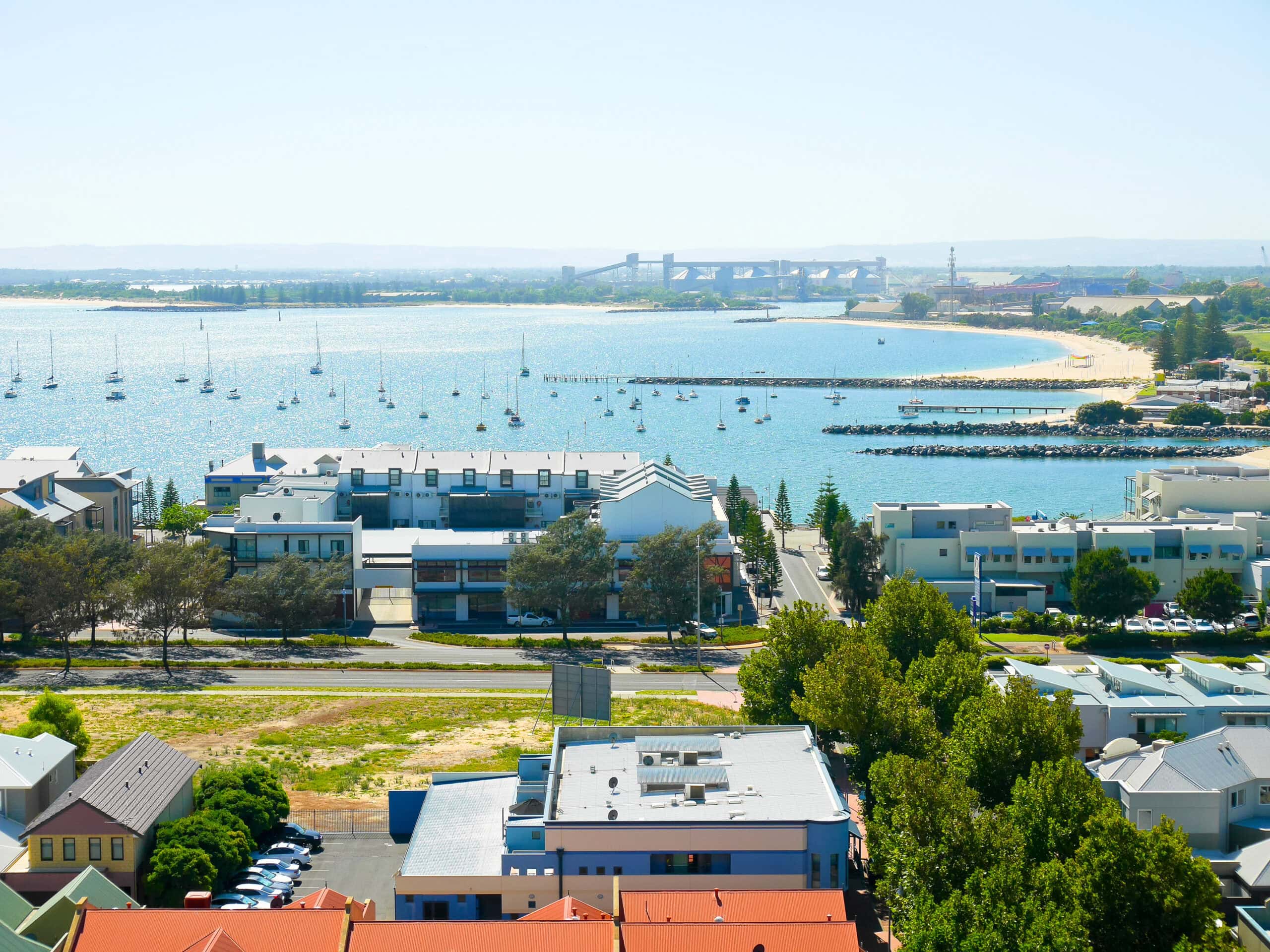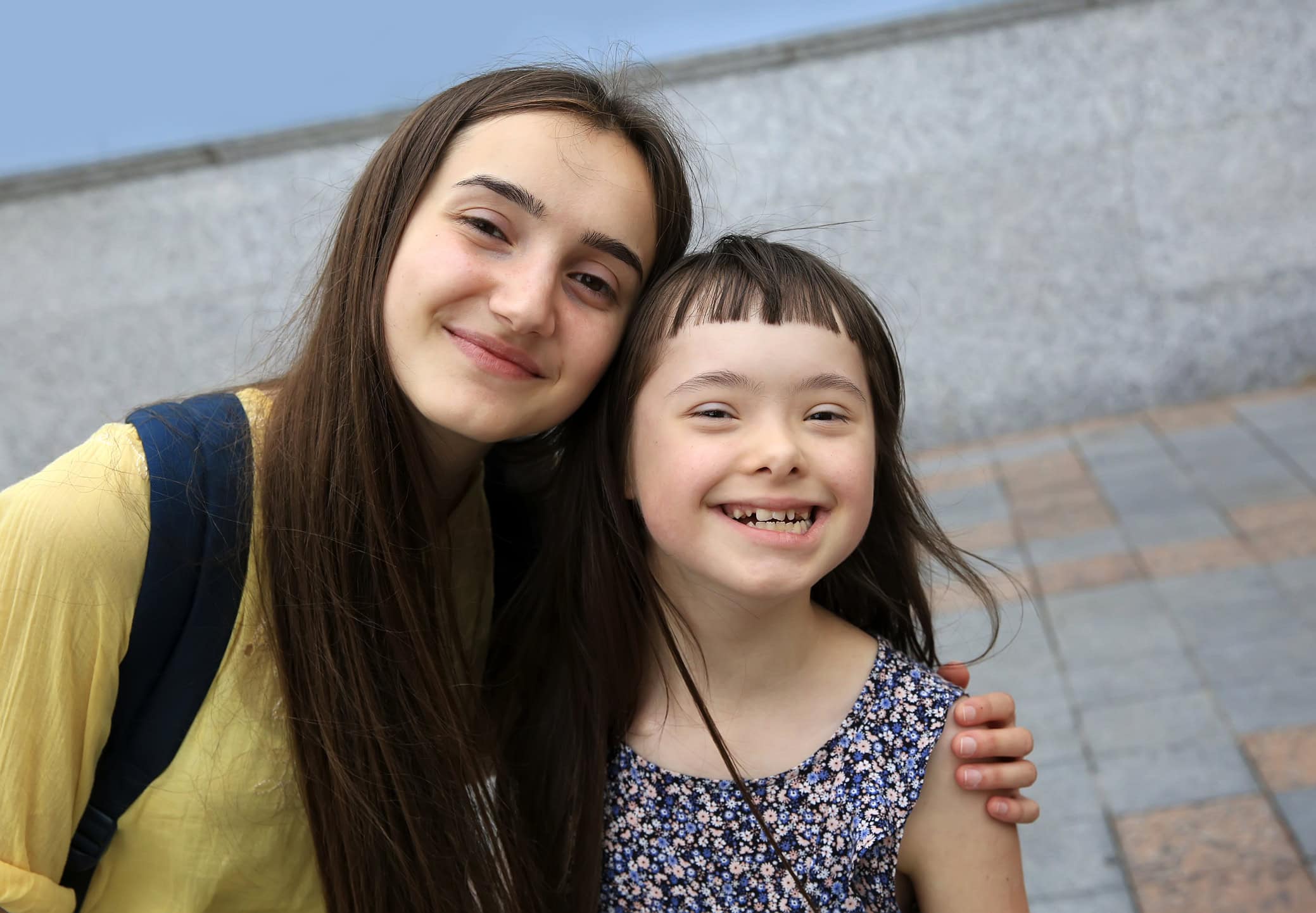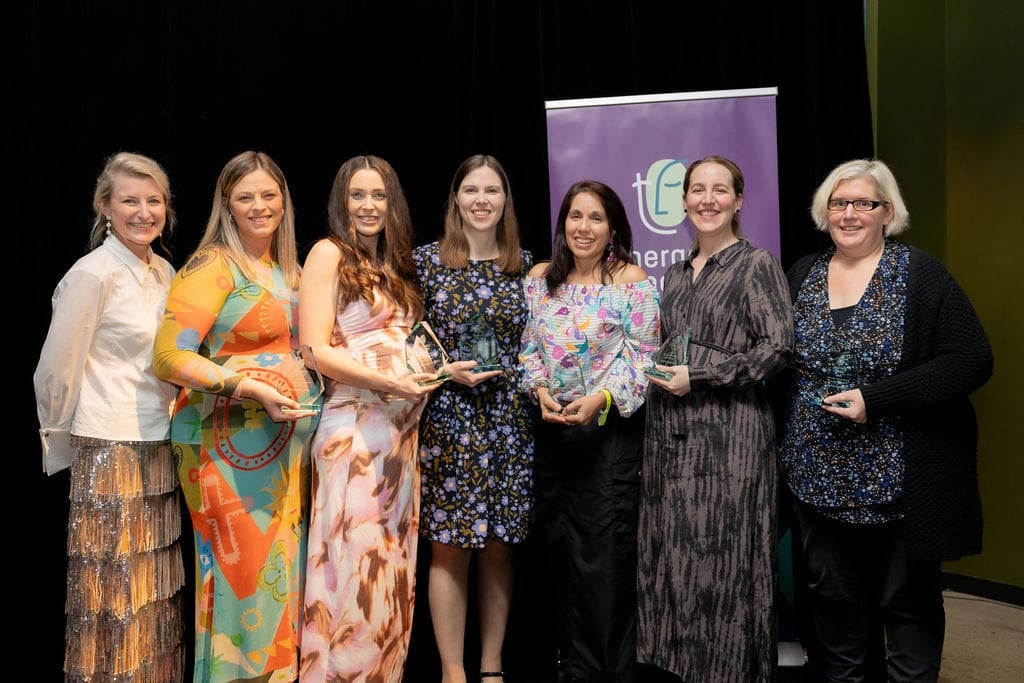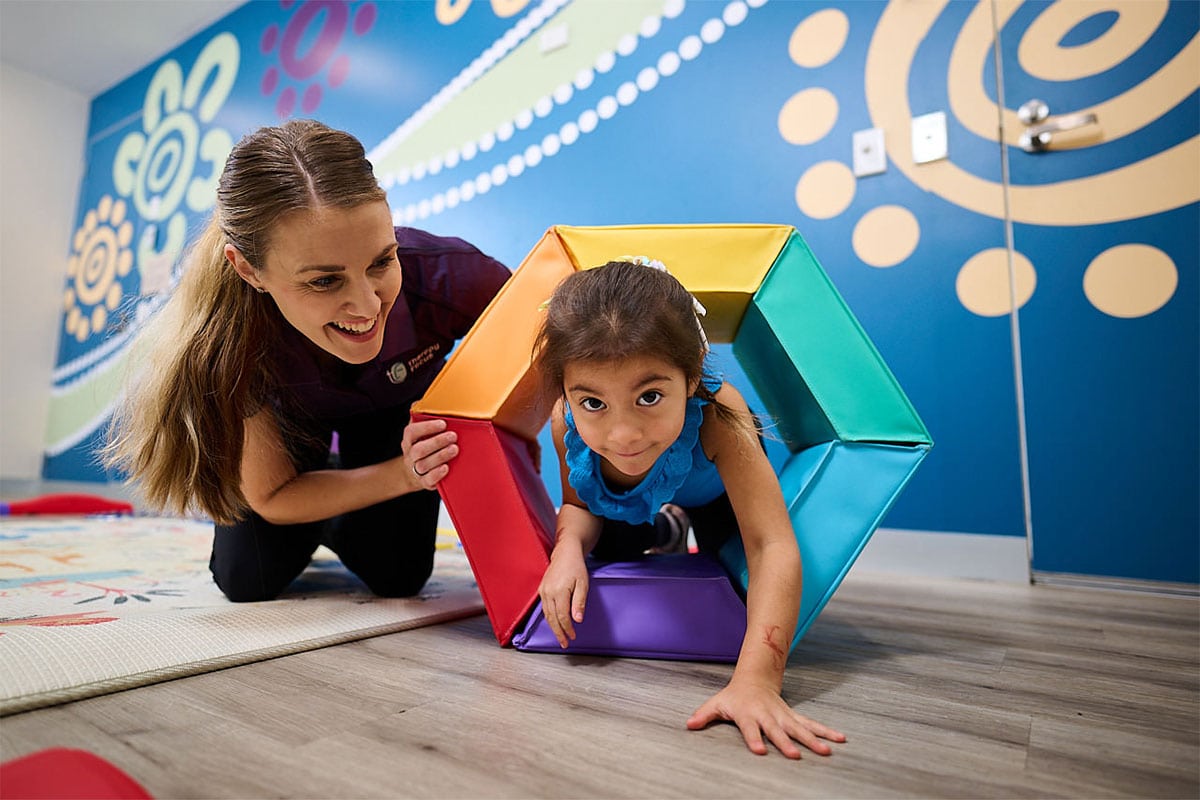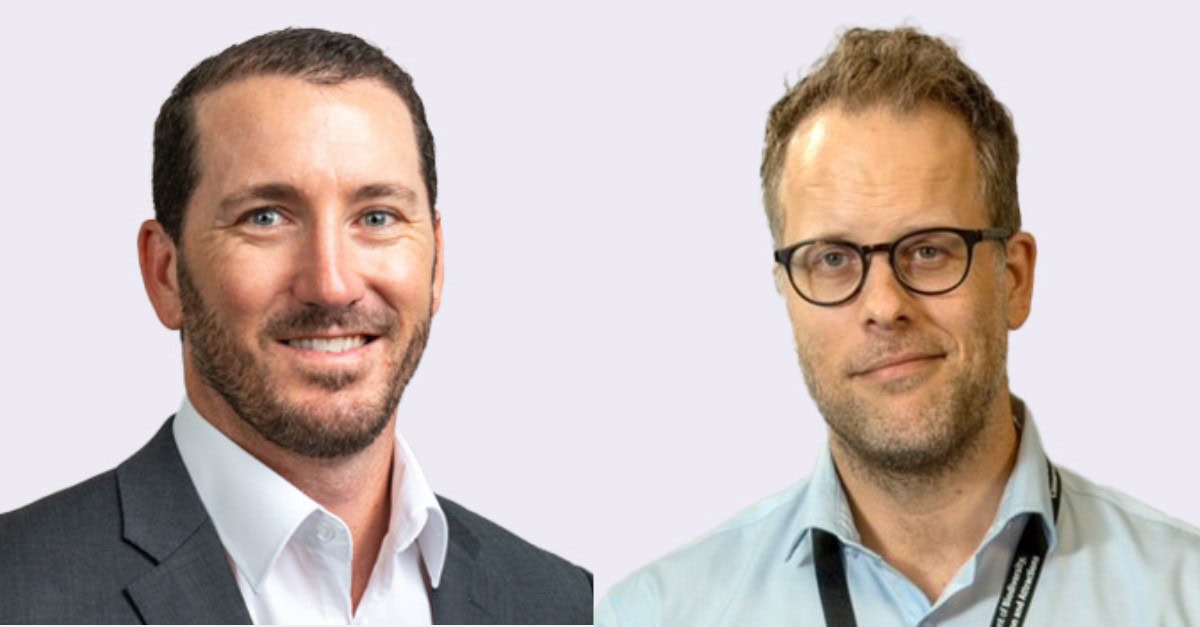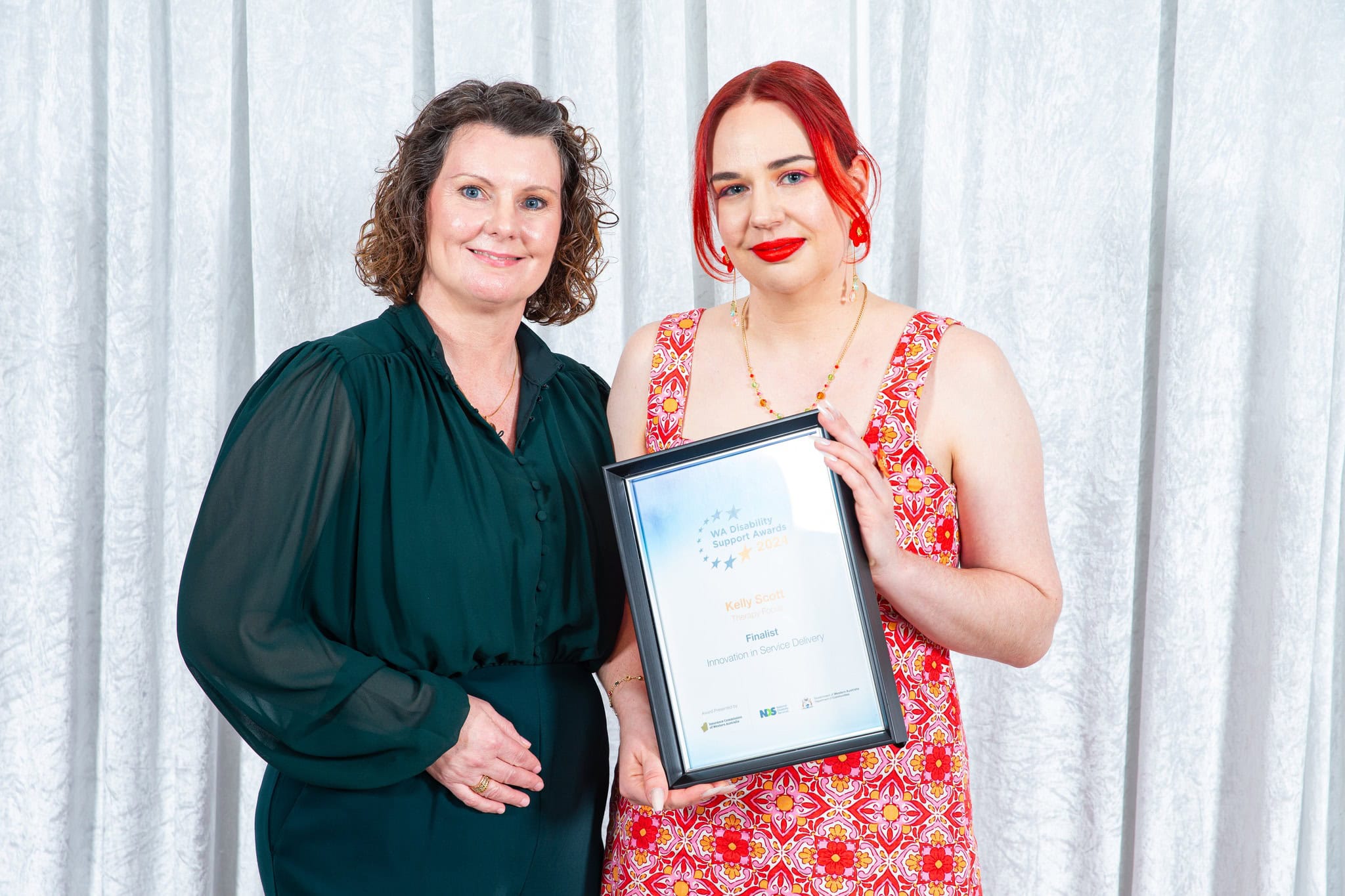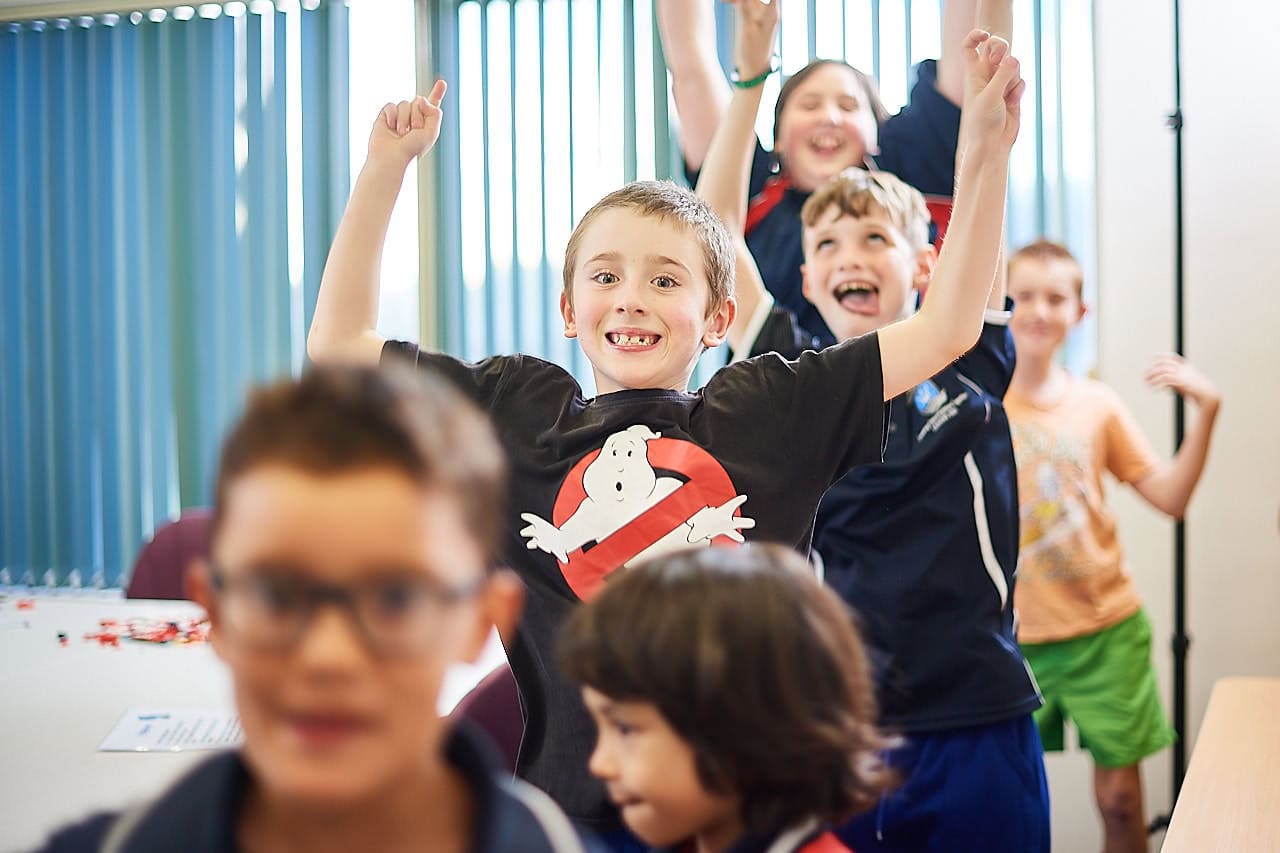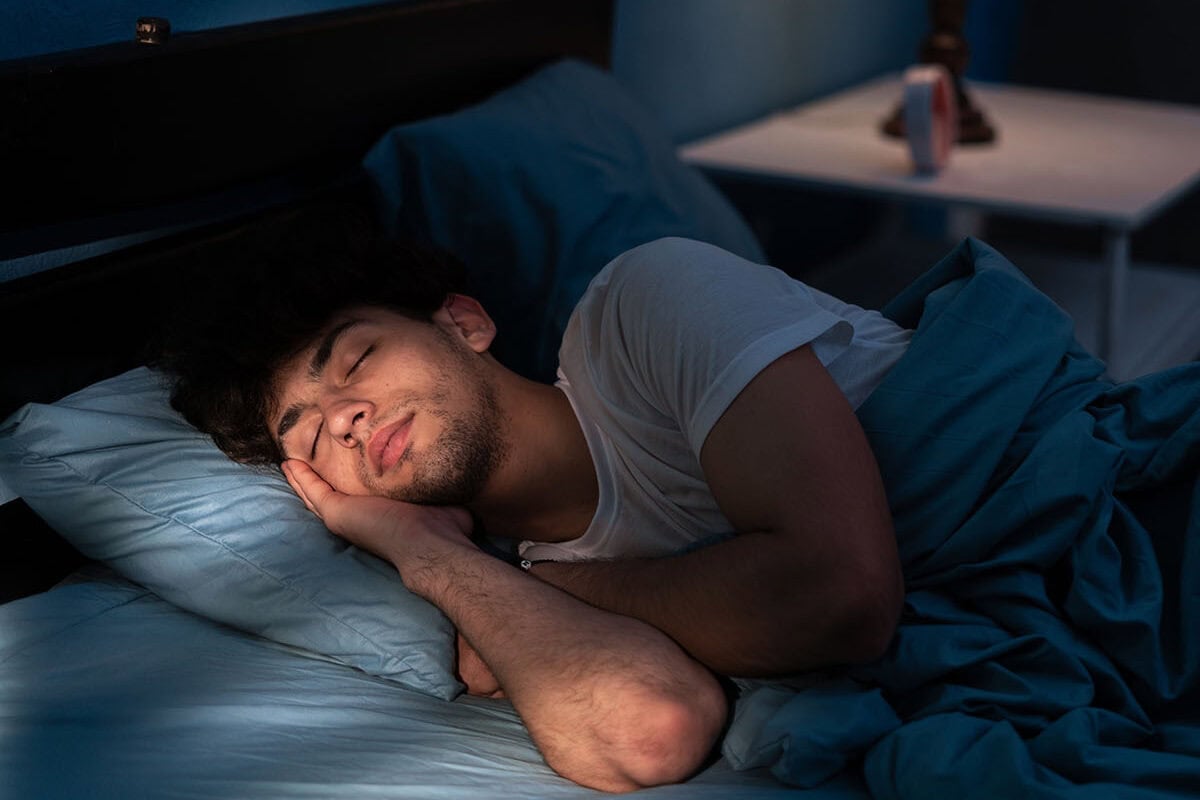Little Explorer, Olivia
When we asked Olivia’s mum, Janelle, about who Olivia was, she said she was a very happy, bright and content 21-month-old.
She loves to read books, build block towers and stir ‘coffee’ for her family, friends and teddies. She loves Minnie Mouse and her absolute favourite thing to do is dance and wave her arms to music. Like many of us, she is a sucker for an 80s/90s pop tune— her favourites are a-ha ‘Take On Me’ and Tiffany ‘I Think We’re Alone Now’.
“She is very social – she smiles, waves and blows kisses to everyone she meets,” Janelle said.
Olivia also lives her life with collagen VI related myopathy, a condition that affects her skeletal muscles and for which there is currently no cure. She also has severe scoliosis and had torticollis and hip dysplasia.
Her conditions only affect her physicality. She has only been able to sit without support for short periods of time in the last few months, which means she needs supervision because she can lose her balance easily.
“She isn’t strong enough to brace herself with her hands to break her fall,” Janelle said.
“She is unable to crawl, stand on her own or walk yet”.
She is restricted to laying on the floor, sitting in a supportive chair or having someone position or move her to help reach for things and play. This means Olivia is at the risk of passively experiencing her world, rather than actively engaging with it.
Recently, Olivia’s Therapy Focus Physiotherapist, Laura Cruz, arranged for Olivia to trial the Explorer Mini. The paediatric power wheelchair is designed to provide early movement experiences to very young children with mobility challenges. It is targeted at children aged 12-36 months and allows a safe and supported position from which to explore their environment.
When we asked how she went, Laura said Olivia worked out how to use the Explorer Mini in no time.
“Olivia was amazing! She is such a clever little girl”.
Because she has not yet experienced independent crawling or walking, assistive technology like the Explorer Mini gives Olivia the chance to move around at home and the park on her own.
“It was so good to see her approach toys and people of her own accord, rather than have to ask to be carried to them,” Laura said.
“Everyone has different needs and abilities. Our priority is to increase function and independence”.
According to Advanced Physiotherapist at Therapy Focus Sinead Creedon, research has shown that early paediatric mobility should start at a young age because it is linked to development.
“Early powered mobility not only allows independent movement but has been linked with improvements in cognition, communication and early visual skills, as children learn how their world works when they explore and interact with it,” Sinead said.
Last year Sinead visited Melbourne to attend the International Seating Symposium— a conference with presentations from leading experts in the field of early powered mobility.
It became clear to her after the trip that her team at Therapy Focus needed to invest and have access to powered mobility devices such as the Explorer Mini for customers like Olivia.
“Having easy access to this device within our pool of resources means our therapists can simultaneously work on gross motor skills such as crawling and walking, while also developing driving skills and an understanding of ‘cause and effect’,” she said.
Janelle said having access to the Explorer Mini meant her daughter could partake in simple activities such as playing with other kids and generally becoming more independent.
“Anything that helps Olivia do something independently is a win,” she said.
Therapy Focus’ Explorer Mini is available for children accessing Early Childhood Intervention services to hire and to trial. For more information speak with your Key Contact or therapy team. Or contact our friendly team on 1300 135 373.
Discover your child's potential
At Therapy Focus, our team of experienced therapists provide support for babies and young children with disability and developmental delay to achieve key milestones in the vital early stages of life.
